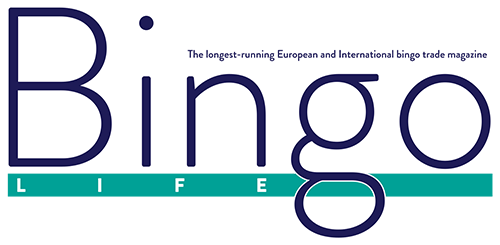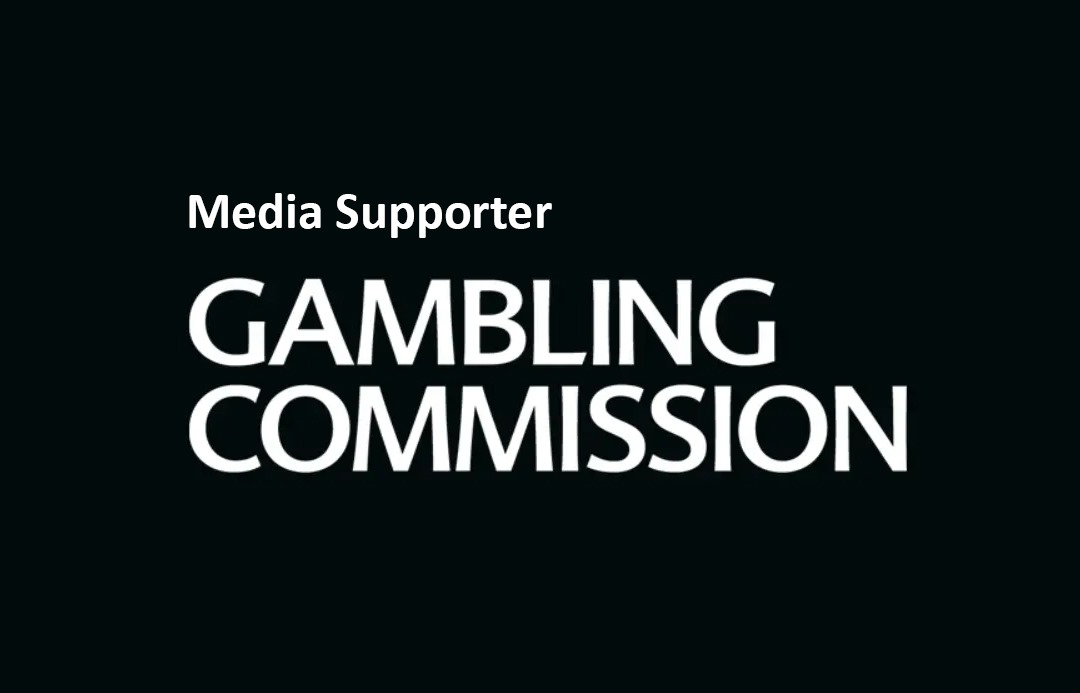Bingo Software — 2017 Update
State of the UK bingo market
The online bingo market in the UK is widely regarded as being in a healthy state, with increasing numbers of players and sites, a growing number of operators in the sector, and player spends continuing to rise.
There are, however, some challenges facing the industry going forward in terms of responding to the rise of social gaming and successfully adapting to the rapidly growing use of mobile devices as players’ primary means of playing online.
Recent research shows that there are now more active UK online bingo sites than ever before, and that there have been significant increases in the number of players aged between 25-34 and 35-44. However, the growing number of online bingo sites has also been accompanied by decreasing player loyalty, with almost half of all players (45%) being members of between 1-5 sites, while 10% of players have deposited funds and played at more than 16 different sites.
Online bingo players also tend to be committed gamers, with 80% reporting that they play at least once a week, while almost a third play every day. Over half of players’ gaming sessions (55%) last between 1-3 hours, with some 11% playing on average for more than four hours in a session.
In terms of accessing online bingo games, perhaps the most significant recent development has been in the uptake of mobile bingo, with more than 58% of players now accessing games via their smartphone, and 24% playing online bingo on their mobile phones exclusively. Overall, 42% of online bingo players use multiple devices to play, and this highlights the importance of the multi-channel approach for gaming operators.
What all of the above reveals is that the online bingo industry needs to remain agile and responsive, both to ensure that it remains relevant to the younger demographic who is increasingly playing the game, but also in terms of matching players’ technology use, and making bingo accessible on as wide a variety of devices as possible, if the game is to remain on an upward trajectory.
Who are the industry leaders?
In terms of the leading software developers who provide games for online bingo operators, Dragonfish remains the dominant name in the market, with its software being used by 194 sites (44% of the total market). Other leading producers include Cozy Games (95 sites), Playtech/Virtue Fusion (42 sites) and Jumpman Gaming (41 sites).
Three of these four producers saw their software powering new bingo sites in ‘16, with Dragonfish games found in 7 new sites, Jumpman in 2 and Cozy Games in 1. Whilst many of these new entrants don’t offer anything disruptive they’re still doing enough to be featured on review sites like Playright
Overall in 2016, 51 new bingo sites came online, while 20 brands closed their virtual doors. Of these, 6 were powered by GTECH/ IGT software, which has now withdrawn from online bingo altogether. Dragonfish also saw six of the sites it supplied close in 2016, with Cozy and Playtech/Virtue Fusion losing three each.
While Dragonfish remains the indisputable industry leader, it has been interesting to note the rising and declining fortunes of other major players. Jumpman Gaming, for instance, has been making considerable headway, while Gamesys recorded a major win when it gained Sun Bingo and Fabulous Bingo from Playtech. It is also interesting to note that major industry names Microgaming and Parlay launched no new bingo sites in 2016.
New developments in online bingo technology
Cross-channel compatibility and an increased emphasis on mobile gaming would seem to be the major takeaways in terms in online bingo technology developments in 2016.
Much of this is player driven, in that surveys have shown that 67% of all online bingo players also play slot games, and so growing numbers of online bingo sites also feature slots (and to a lesser extent, other casino games) as part of their offerings in order to capitalise on their popularity.
Coupled with this has been the rapid increase in the popularity of mobile bingo, and it is now the preferred method of UK players for playing bingo online. Interestingly, browser-based games are proving to be more popular than downloadable apps (62% as opposed to 12%), and this would seem to reflect wider online gaming trends, where browser-based online and mobile casinos are growing in popularity due to their greater accessibility and the fact that they enable players to enjoy games on multiple devices.
One other development of note has been the decline in popularity of online bingo chat rooms, where now only 30% of players regularly engage in these (compared to 51% in 2015), while the number of players who say they have no interest in chat rooms has risen to 32% (up from 24% previously).
What does the future look like?
Most industry watchers agree that mobile bingo is going to be the biggest growth area in the short-term, with some operators potentially abandoning desktop platforms and adopting almost exclusively mobile solutions in the future. As bingo continues to grow in popularity and expand into new markets where mobile use far outstrips other methods of connecting to the internet, this would appear to be a strategy well worth exploring for both software developers and operators alike.
It is also to be expected that more sites will either add slots games to their offerings, or increase the number of slots games they offer alongside online bingo, as recent research has demonstrated that this is a rapidly growing market and one in which bingo players are keen to become engaged.
We might also expect to see online bingo operators expanding their presence in the social gaming market, where there is a potentially untapped customer base who might not consider playing at a real money site, but who nevertheless enjoy the fun aspects of social gaming. With this, a number of industry experts also predict a move towards a more personalised gaming experience, where there is a shift in emphasis from a free bonus culture to one more centred around the individual bingo player and responding to their habits, preferences and gaming choices as the best means of both attracting new and retaining exisiting players, rather than simply handing out free cash.
Magazine:
- admin's blog
- Log in to post comments









